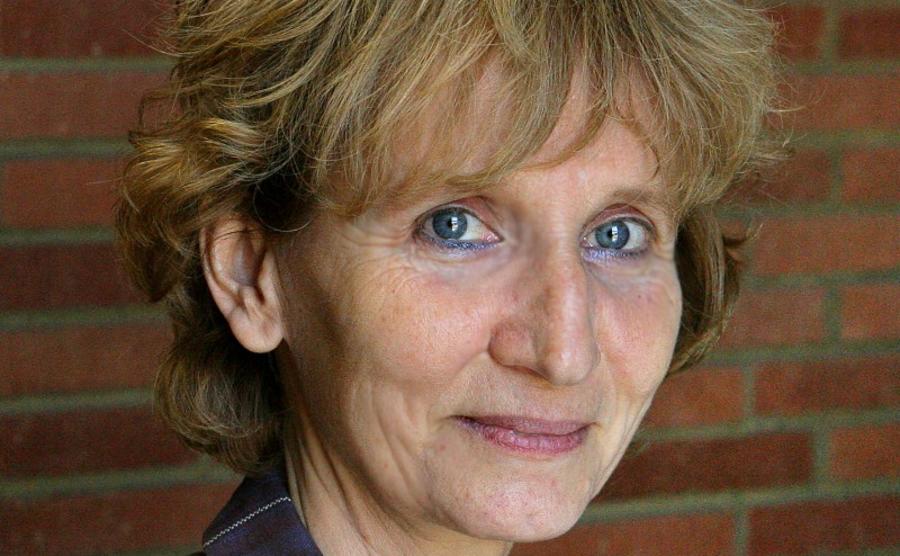Type d'événement, date(s) et adresse(s)
Colloque et journée(s) d'étudeHeredity under the Microscope: Chromosomes and the Study of the Human Genome
Soraya de Chadarevian (UCLA)

Séminaire commun du Centre Alexandre-Koyré (EHESS, CNRS, MNHN) et du Cermes3 (Inserm, CNRS, EHESS, Université de Paris) avec Soraya de Chadarevian (Professor, Department of History, UCLA).
Today chromosomes are viewed as macromolecular assemblies and analyzed with an array of molecular techniques. Yet throughout much of the twentieth century chromosomes were studied by researchers looking down the microscope at darkly stained bodies in the cell. In the 1950s, chromosome analysis emerged as a powerful tool to study heredity in humans.
Unlike any other available technique, the improved chromosome preparations offered a direct glimpse of the complete genome of an individual, opening up endless possibilities of observation and interventions. In the vision of its promoters the techniques had wide implications for the study of a growing number of genetic conditions, the study of cancer, the biology of sex determination, infertility and aging, for epidemiological investigations and comparative studies of human populations, in radiation studies and toxicology, in the courts and the policy arena. Through these appropriations the meanings of chromosomes and of human heredity expanded and changed.
Taking human chromosomes and the techniques and images that came packaged with them as focal point, Heredity under the Microscope reconstructs where human heredity mattered and genetic knowledge was embraced, debated and rejected. Much of the fascination with chromosomes and the persuasive power of the work was based on the visual evidence the chromosome preparations provided. Critics contended that looking at pictures was not enough as it was necessary to understand the mechanisms. The argument presented in this book is that the patient collecting of cases and the often bewildering variety of observations made by chromosome researchers looking down the microscope were as central to the making of human heredity as the search for fundamental mechanisms gleaned from the study of simple organisms pursued at the same time.
Soraya de Chadarevian est professeure au Département d’histoire et au Center for Society and Genetics de UCLA. Ses recherches récentes relèvent de l’histoire des sciences biomédicales au 21e siècle. Elle s’intéresse aux pratiques matérielles et visuelles des sciences biomédicales, à la place de ces sciences dans la culture au sens large, ainsi qu’à leurs enjeux historiographiques, incluant la question des sources en histoire des sciences. Elle est l’auteure d’importants travaux consacrés à l'histoire de la biologie moléculaire et des processus culturels qui ont contribué au développement du complexe scientifique après la Seconde Guerre mondiale.